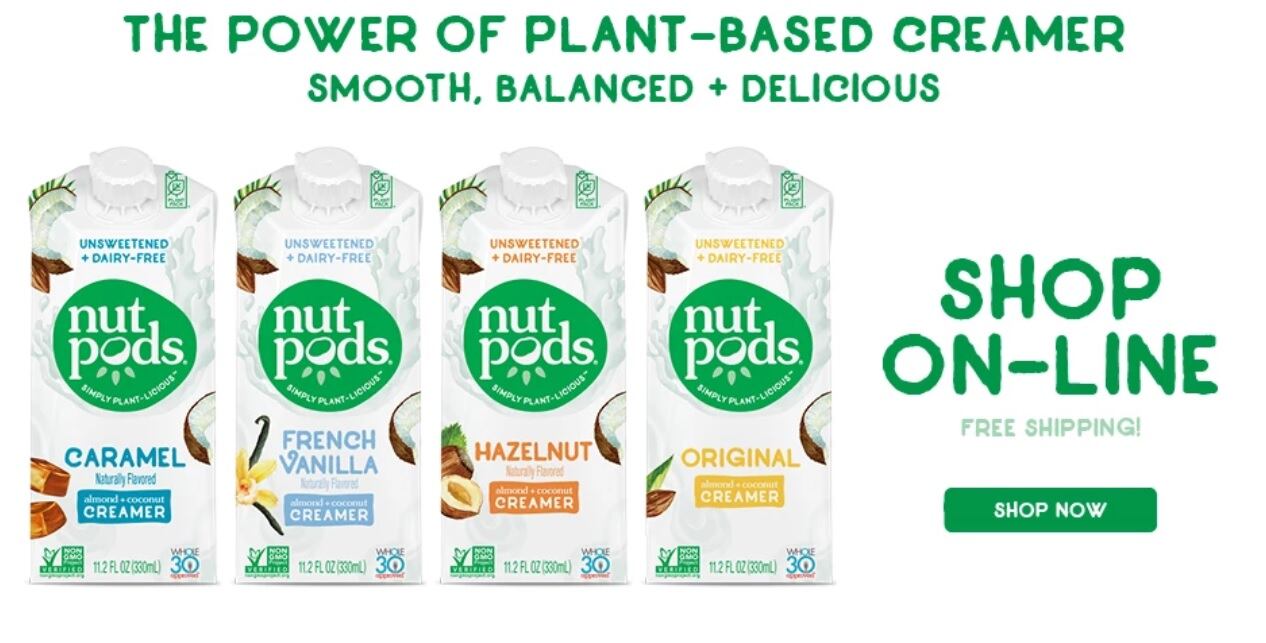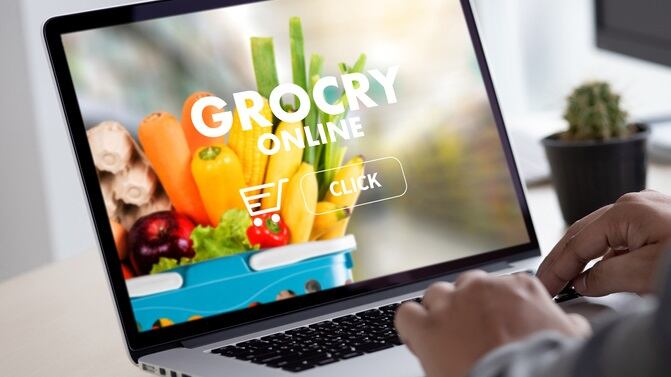In this episode of FoodNavigator-USA’s Investing in the Future of Food, Madeline Haydon, who launched the nutpods brand in 2015, explains the small amount of autonomy and control that young brands give up when they team with a third-party e-commerce retailer is well-worth the added benefits and extra exposure that websites like Amazon offer. However, she notes, when teaming with a third-party retailer, it is better to be a seller rather than a vendor. She also shares strategies for how to maximize success online and then leverage those sales to secure shelf space in brick and mortar stores.
Launching online vs in stores
Haydon advocates that startups team with a third-party retailer for e-commerce as soon as possible because it will significantly extend their reach and boost brand awareness beyond what they can do on their own e-commerce site.
For example, she explained that if consumers can’t remember a startup’s brand they won't be able to find its web page or e-commerce site. In these cases, most consumers will search for the brand, using key words or a description on popular e-commerce sites, such as Amazon. And if the brand isn't sold there, they could give up the hunt and opt instead for a competing product, she warned. Similarly, she noted that startups can pay to have their images and links pop-up when consumers search for direct competitors – helping to align the product and its use in consumers’ minds.
Haydon also argues that modern consumers may be more trusting of online retailers, such as Amazon, because they offer reviews, easy returns and lightening deals.
“There are a lot of defensive modes that Amazon has built,” she noted.
3 reasons to opt for seller rather than vendor on Amazon
To best leverage those “defensive modes,” Haydon recommends that startups launch on Amazon as sellers, rather than vendors, even though doing so may be more difficult in the short run.
“When brands launch on a third-party site, like Amazon, it is either as a vendor, which means you sell to Amazon and then Amazon is like any retailer that can set whatever their retail price is, or you can be seller and as a seller you control your inventory levels, you replenish your inventory levels, you set the pricing, you set the promotions,” she explained.
This gives companies greater strategic control, but in exchange they must forgo an immediate purchase order and paycheck that comes with being a vendor, she said, acknowledging this can be a tough choice for startups with limited cashflow.
The second reason that Haydon said nutpods opted to be a seller on Amazon rather than a vendor is that sellers have better cash terms.
“As a vendor to Amazon it is net 45 days and you also have some expectations on trade promotions. On the seller’s side, net 15, which is so critical for any startup bootstrapping,” she said. “And the other thing, too, is being able to quickly turn your cash flow to afford new production and be able to invest is just really critical.”
The third reason it behooves startups to launch on Amazon as a seller is the retailer does not share its data, which allows small companies to grow stealthily without larger competitors tracking them until they are a sizable opponent, Haydon said.
Launching online first through a third-party, such as Amazon, also can help young brands secure shelf space in brick and mortar stores with potentially fewer slotting fees and more SKUs, Haydon said.
“If you also grow and start your business online, when it is time to transition into retail you can leverage that success. Instead of being a cold, unknown brand where hopefully you will do well for the retailer, you can say, look … we are already selling a multimillion dollar business online and here are the regions where we sell,” she said. “That is really powerful to show a retailer instead of just saying, ‘please, give me a chance.’”



